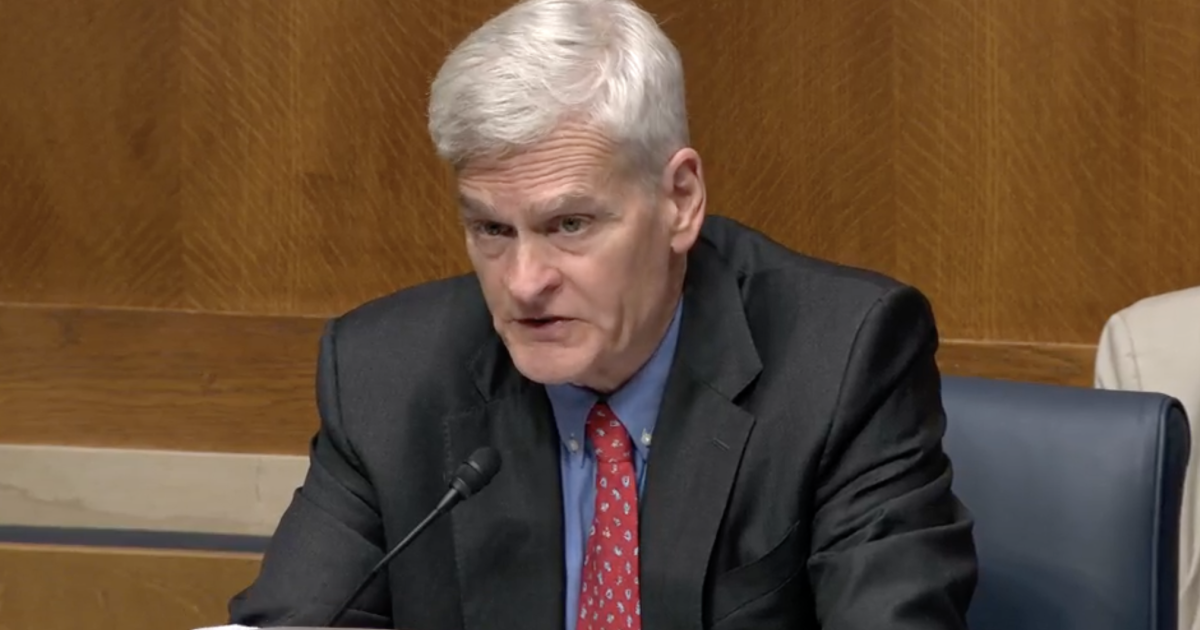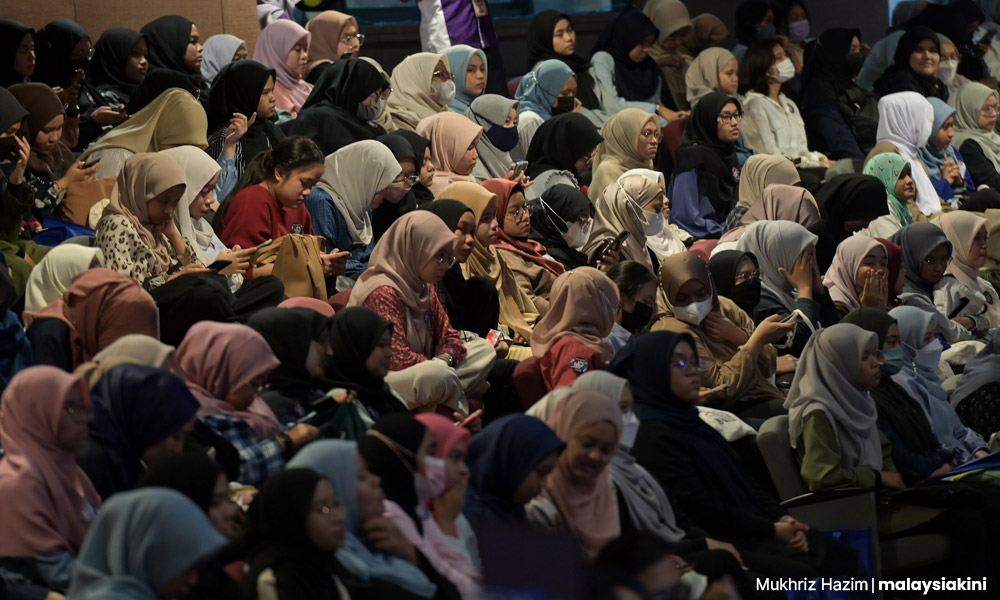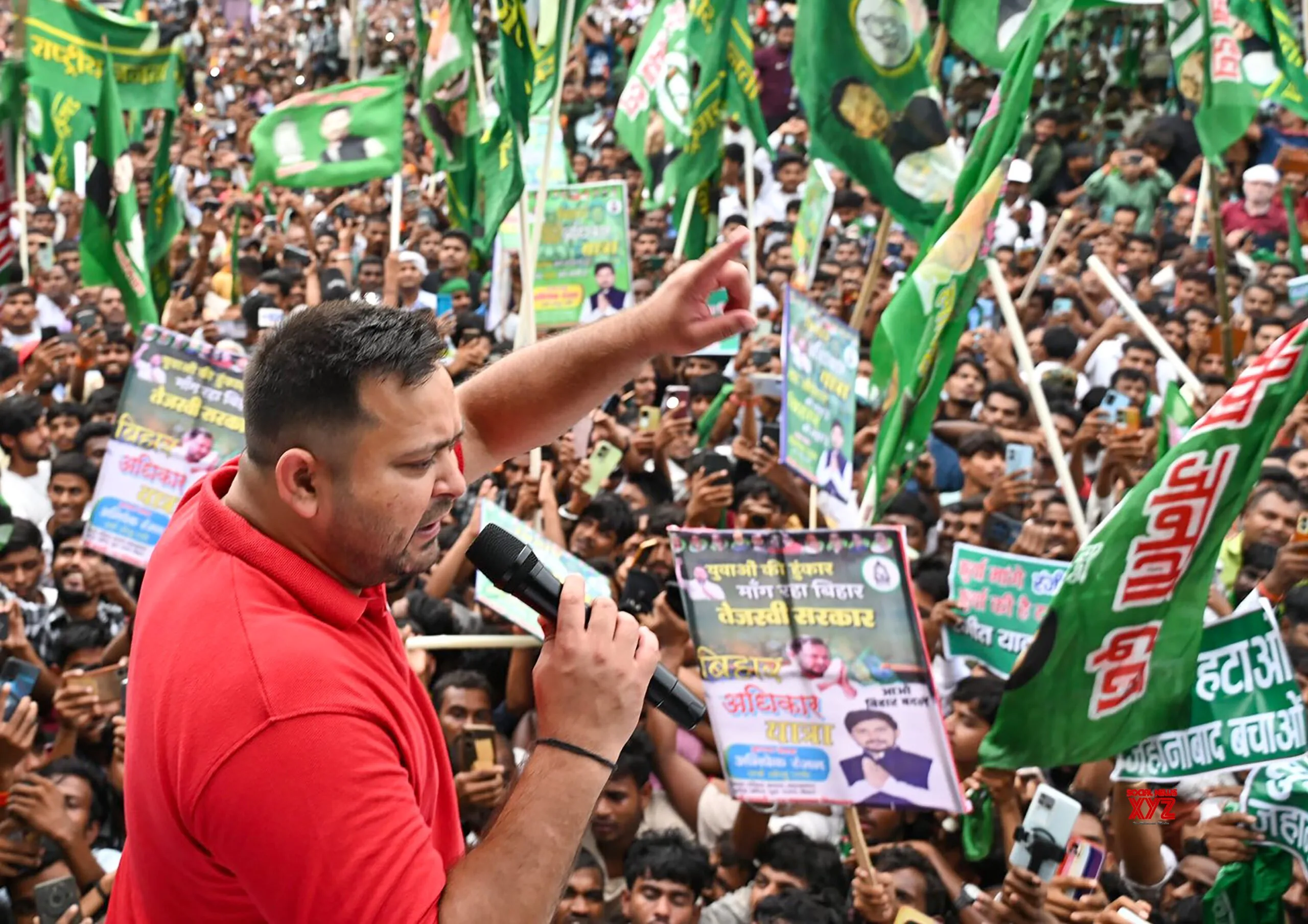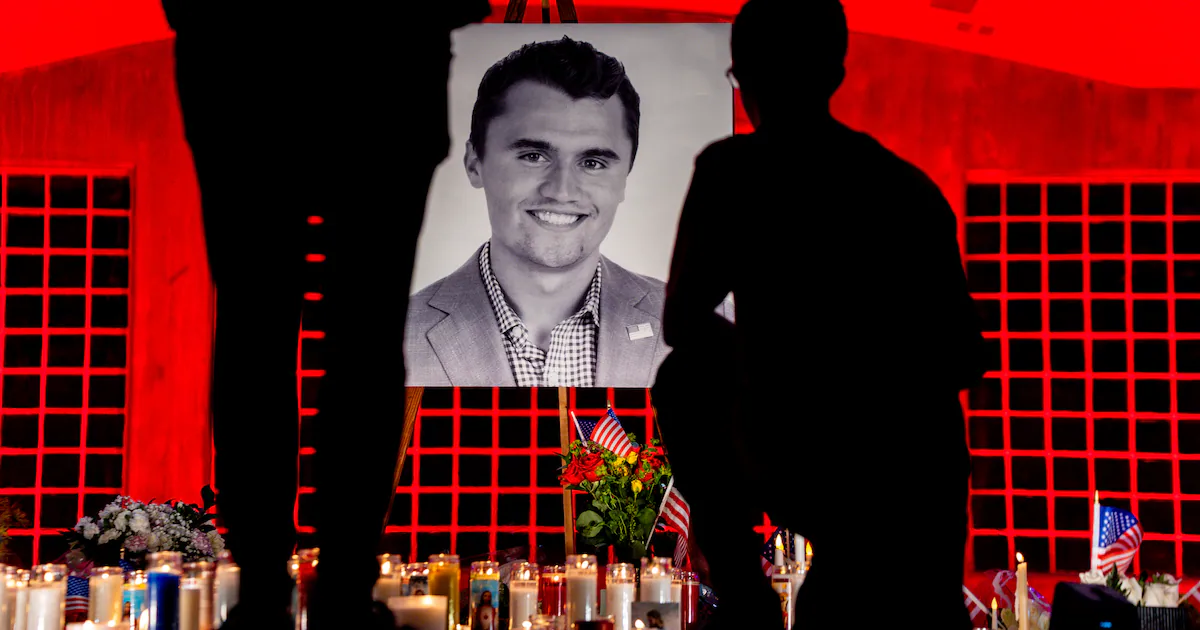
There were a couple of especially dramatic moments in Wednesday’s Senate Health Committee hearing delving into Robert F. Kennedy Jr.’s firing of the director of the Centers for Disease Control and Prevention and the subsequent resignations of three top CDC officials.
Interestingly, both were generated by the committee chair, Sen. Bill Cassidy (R-La.).
Cassidy has been taking brickbats in recent months over his vote to confirm Kennedy as secretary of Health and Human Services in February. A physician and vaccine supporter, Cassidy had been seen as a potential obstacle to Kennedy’s confirmation. But then he voted for Kennedy, explaining that Kennedy had assured him he wouldn’t alter the existing recommendations for childhood immunizations.
RFK Jr., as has been well remarked, reneged on his promise.
But at Wednesday’s hearing, Cassidy started to take steps to climb out of his embarrassing hole. Here’s what happened.
During Wednesday’s hearing, the committee took testimony from Susan Monarez, who was fired 29 days after starting the job. The reason she was fired, she said, was that she refused Kennedy’s demand that she endorse the findings of his handpicked vaccine advisory committee in advance, before even seeing them, and that she fire CDC personnel he didn’t like. The committee also heard from Dr. Debra Houry, who resigned as the CDC’s chief medical officer in sympathy with Monarez.
Monarez said that at her last meeting with Kennedy, he told her he could not trust her because she had been in contact with Cassidy’s committee. She said she replied that “if he could not trust me, he could fire me.”
Then the hearing got derailed. Sen. Markwayne Mullin (R-Okla.) accused Monarez of lying. “Is that really how the conversation went,” he asked, “because there were other people in the room.” He said that what actually happened in the conversation was Kennedy asked her if he could trust her. Mullin implied that she answered in the negative.
Interestingly, that’s the story Kennedy himself told a Senate hearing earlier this month, to open skepticism from Sens. Elizabeth Warren (D-Mass.) and Bernie Sanders (I-Vt.).
Mullin then unveiled his secret weapon.
“Ma’am,” he said, “it was a recorded meeting.” A shocked silence fell on the room. Mullin continued, “You can testify one way, or you can prove that you’re lying, or you can be honest with this committee.”
Soon after that, Cassidy showed that he was fed up with Mullin, with persistent stonewalling by Kennedy’s agency, and quite possibly with the humiliation Kennedy has visited upon him by reneging on his promises to Cassidy.
“I will note that materials have been provided to Sen. Mullin, and invoked in official committee business; they are committee records, and all other senators on the committee have the right to see those records,” he said. “I will also note that if HHS has a recording, I ask that they release the recording, and I’d also like to know why it was recorded.”
He complained that Kennedy’s agency had failed to fulfill the committee’s demand for “any documents or communications that would bring transparency to this situation,” meaning the Monarez firing. And he concluded: “If a recording does not exist, I ask Sen. Mullin to retract his line of questions. I’m also curious why one senator was given this, and why we’re only hearing about it now.”
Here’s the punchline: A few minutes later, Cassidy reported from the chair that outside the hearing room, Mullin told reporters that “he was mistaken in saying that the RFK-Monarez meeting was recorded.” Cassidy added, sourly, “In case he’s mistaken that he was mistaken, if there is a recording, it should be released.” A Health and Human Services spokesman later confirmed that no recording exists. A spokesman for Mullin said the senator was referring to a transcript of the meeting, not a recording.
Cassidy closed the hearing by expressing concern that Kennedy’s handpicked vaccine advisory committee, stocked with anti-vaccine activists, was scheduled to meet Thursday, at which it seemed poised to alter the CDC’s recommendations on childhood vaccinations by removing several from the recommended list — a step that horrifies the pediatric and epidemiological communities.
Cassidy’s specific concern was about the hepatitis B vaccine, which the CDC has recommended be given at birth. Republicans on the committee ridiculed that recommendation, because hep B is commonly transmitted sexually, and what baby is having sex? The response from physicians is that babies can contract the disease from their mothers, even if their mothers might not even know they’re carriers.
Cassidy, as it happens, is a liver specialist. “I have seen people die from hepatitis,” he said. “This was my practice for 20 years before I entered politics.”
He continued, “For those who say why should a child be vaccinated for a sexually transmitted disease, at birth the child passes through the birth canal. … That passage through the birth canal makes that child vulnerable to the virus. … If that child is infected at birth, more than 90% of them develop chronic, lifelong infection.” That means a lifelong threat of cirrhosis or other deadly liver conditions.
“Before 1991, as many as 20,000 babies — babies — were infected” per year, Cassidy said. In the first decade, through 2001, after the vaccine was approved for newborns, however, “newborn infections of hepatitis B was reduced by 68%. Now, fewer than 20 babies per year get hepatitis B from their mother. That is an accomplishment to make America healthy again,” Cassidy said, mischievously citing RFK Jr.’s policy mantra.
“We should stand up and salute the people that made that decision,” Cassidy said, “because there are people who would otherwise be dead if those mothers were not given that option to have their child vaccinated.”
So, kudos, Sen. Cassidy, for finally explaining why vaccines are necessary.



